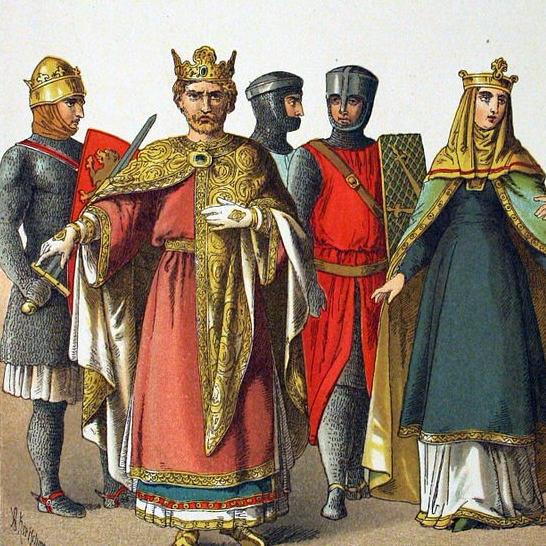
Originally, the Normans were a people originating in the French region of Normandy. They were descendants of Viking settlers who came to the area in the 9th and 10th centuries. These people were originally pagan, but later became a Christian religion, and later, adopted French as their language. Their unbridled character and rapid adaptability helped them quickly become powerful in Europe.
In the early centuries, the Normans had close contacts with England. King Ethelred II of England fled to Normandy when he was forced out of his kingdom by Sweyn Forkbeard. In the years following his arrival, Norman rulers began to establish stable political institutions. This resulted in the formation of the duchy of Normandy.
Throughout the 11th and 12th century, the Normans were active in major expansionary campaigns in Europe. The first of these was William the Conqueror’s invasion of England in 1066. After his victory at Hastings, the Normans began to occupy England.
As a result, the Normans gained control over the most important ports opposite the English Channel. They also carved out small principalities from their former employers. They began to use a feudal system for their rule. In return for landownership, they demanded rents and labour. These new landowners often were hard to deal with Saxon tenants. Eventually, more Normans carved out their own small principalities.
The Normans were forced to adopt Christianity as their religion, and they adapted their institutions in the new territories they controlled. However, they maintained their Viking characteristics. They were a shrewd and cunning people, and they loved to fight with reckless courage. They were able to conquer many times more than they could with a handful of men.
By the late twelfth century, the Normans had become one of the largest and most powerful secular potentates in western Europe. They had a monopoly on the sea roving industry, and they established several powerful ports in the English Channel. They began to build castles in Normandy. They were five or six generations removed from the fierce Danish pirates.
By the mid twelfth century, they began to use a feudal system. Their barons made their tenants fight for them in private quarrels. These barons were known as “ruffians.” They were very violent and mocked everything holy.
The Normans were also very crafty. They had a precocious sense of money. They were quick to imitate whatever they saw. In addition, they displayed outrageous treachery. Their success was based on their unbridled self-confidence.
The Normans also fought against Arabs and Byzantines. Their soldiers were carved into sculptures and decorations. The Bayeux Tapestry, which was commissioned by Odo, Bishop of Bayeux, depicts the ruthless battles they fought. The story of the Norman pilgrims who went to Monte Gargano in 1016 is also told. They were able to help throw off the Byzantines.
The Normans were also very skilled at converting Christianity. They helped William the Conqueror to conquer Sicily. They had a golden age of illustrated manuscripts in Normandy, but this period ended after a short time.



